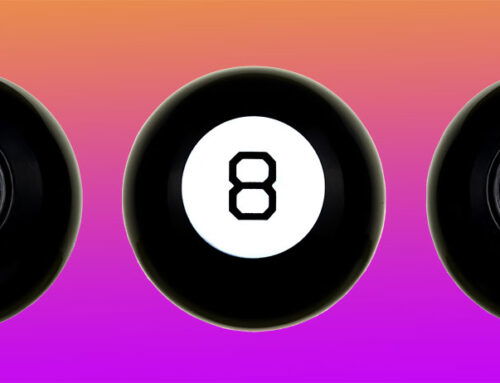On the front page of the New York Times (December 24, 2017), Alexandra Alter advanced the merits of so-called sensitivity readers, who look for underlying prejudices or misunderstandings in books and articles that might have unintended consequences. Sensitivity readers screen for slurs, discrimination or ignorance of cultural realities for the purpose of removing inadvertent bias or prejudice or simply erroneous interpretations due to lack of knowledge, especially when authors write outside of their expertise. A rabbinical student screening a book by a Hindu author about a Jewish orthodox wedding would be an example of a situation a sensitivity reader would tackle trying “to anticipate blind spots before they ignite full-blown social media conflagrations.” Sensitivity readers are sought especially for children’s books, which can influence young minds in formative and impressionable stages.
Alter did warn how sensitivity readings could approach censorship or lead to homogenized literature. The defense against censorship was that “sensitivity readers aren’t preventing authors from tackling tough subjects or writing cross-culturally but helping to guard against misrepresentations.”
Although it’s hard to disagree with the benefits of a sensitivity reader, and I’m all for rigorous editing – for legal, cultural, technical or literary reasons – my initial reaction was negative. I wondered what bothered me, since I’m certainly not an advocate of prejudice or against correcting honest mistakes. My problem was the word “sensitivity” being used as a sweetener to remove any possible bitter taste of the text, a whisper to the author and publisher and ultimately reader that reading for sensitive issues will make the book neutral, correct, sanitized and without bias. But, what of opinions not shared by everyone, such as many social, political or religious issues?
Confounding literary editing or screening for issues that could lead to lawsuits with the concept of sensitivity raises troubling issues for me. Isn’t literature supposed to expose as much as to inform? Do children benefit by reading books whitewashed from uncomfortable situations or points of view – including prejudice – which they may encounter from their diverse peers or social situations? Isn’t there a role for parental or teacher guidance for this for children? Is protection well served by avoidance or censorship of sorts? Aren’t the best books the ones that acknowledge conflict, injustice and raw truth by showing, even between the lines, rather than those that give a vanilla taste to bitter herbs?
Cultural norms are seldom shared, and those of one group may be offensive to another group: should those norms be blotted out of books? And what about the evolution of prevalent norms and prejudices over time? Offensive words or views can become acceptable over time. Movies and television and books today are filled with dialogue such as, “What the fuck?” That’s no longer taboo in the same way as it was yesterday. Which brings up just when was “yesterday?” We don’t know what contentious words, events or ideas today will be accepted tomorrow. Might the representation of prejudice be a quicker route to its extinction than its avoidance by sensitivity readers?
For sure bias and bigotry are reprehensible and reinforce undesirable social trends. Prejudice permeates culture as cancer cells metastasize bodies. Think of anti-Semitic or anti-Muslim or racist comments. I caution, however, against selected readers using subjective criteria of cultural sensitivity, an ambiguous concept that opens the lid for the propagation of the viewpoints of the sensitivity readers rather than those of the authors. There is a fine line between helpful literary editing, censorship, and manipulating opinions.
Sensitivities vary with individuals and change over time. It wasn’t long ago that a sensitivity reader would have targeted gay or interracial marriage. Books, like art, are valuable cultural histories, as genes and fossils are imprints of evolution from which we trace our identity.






Leave A Comment